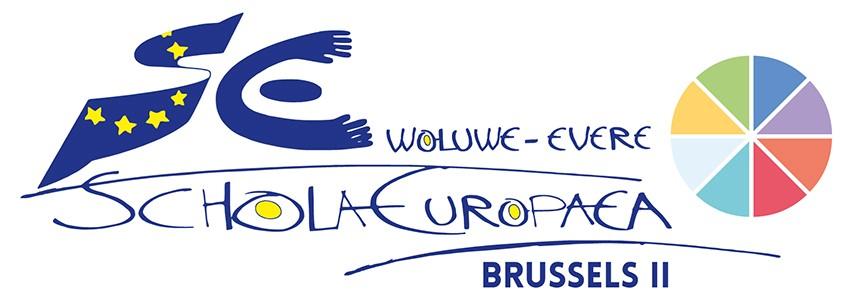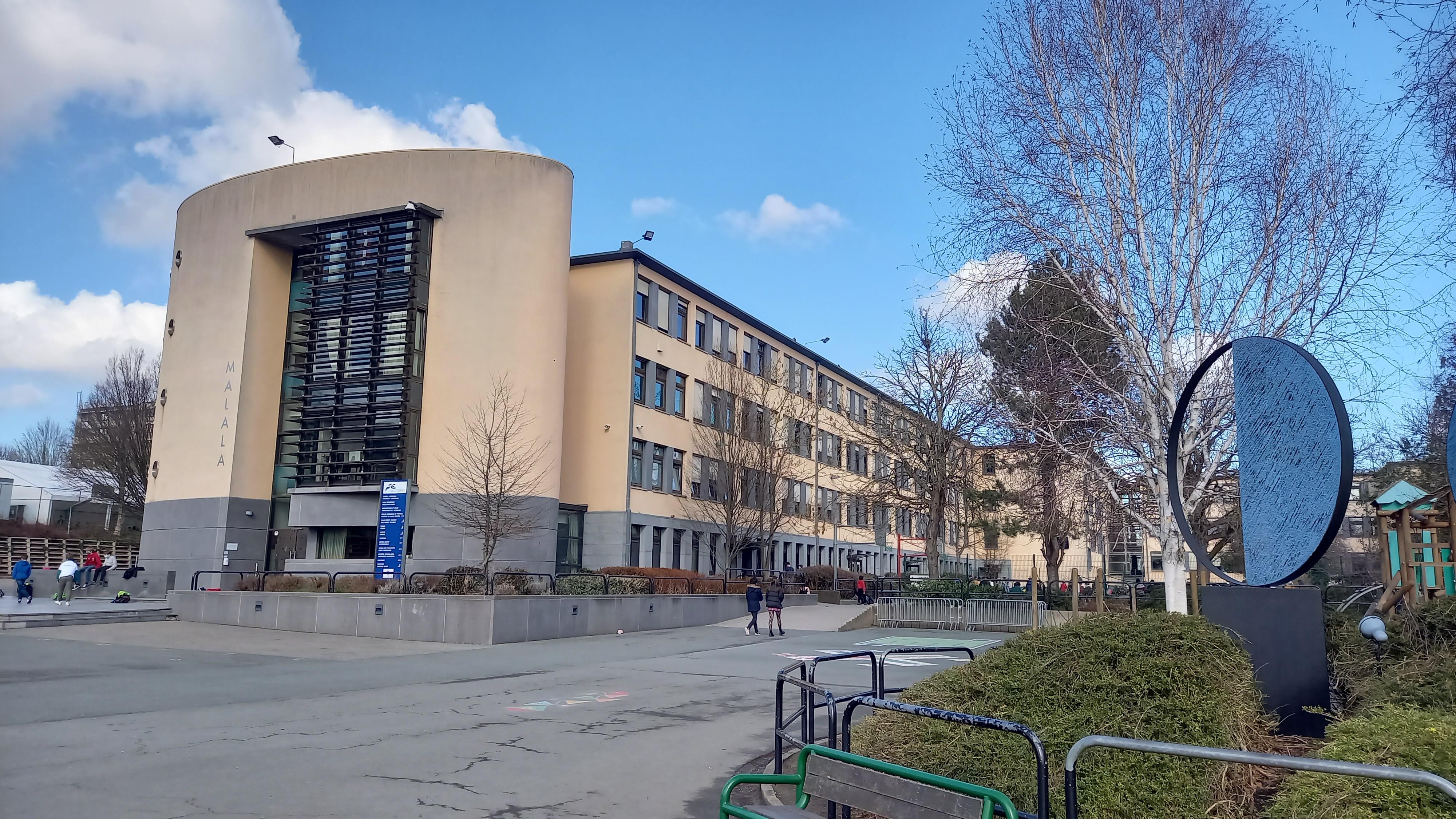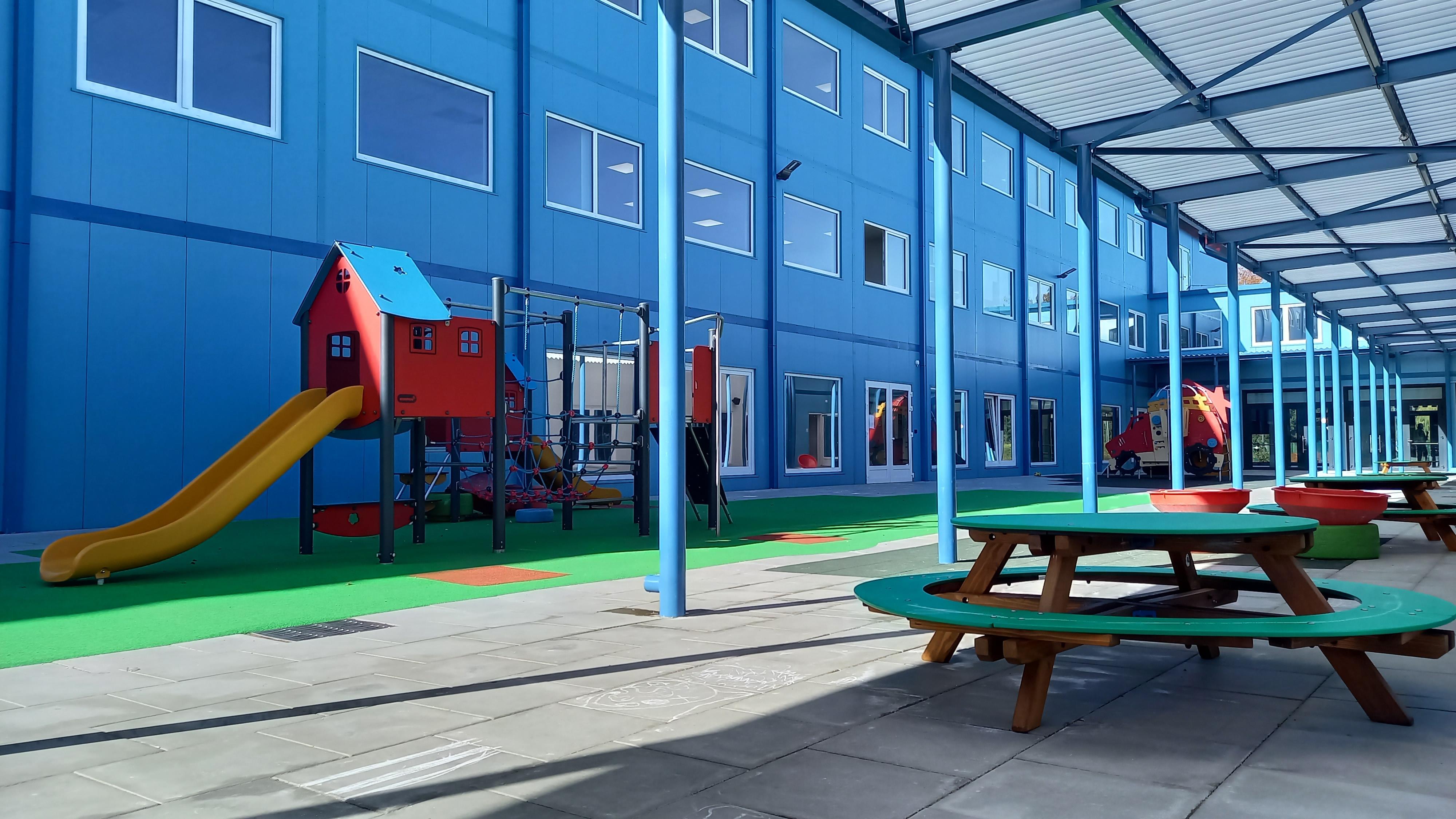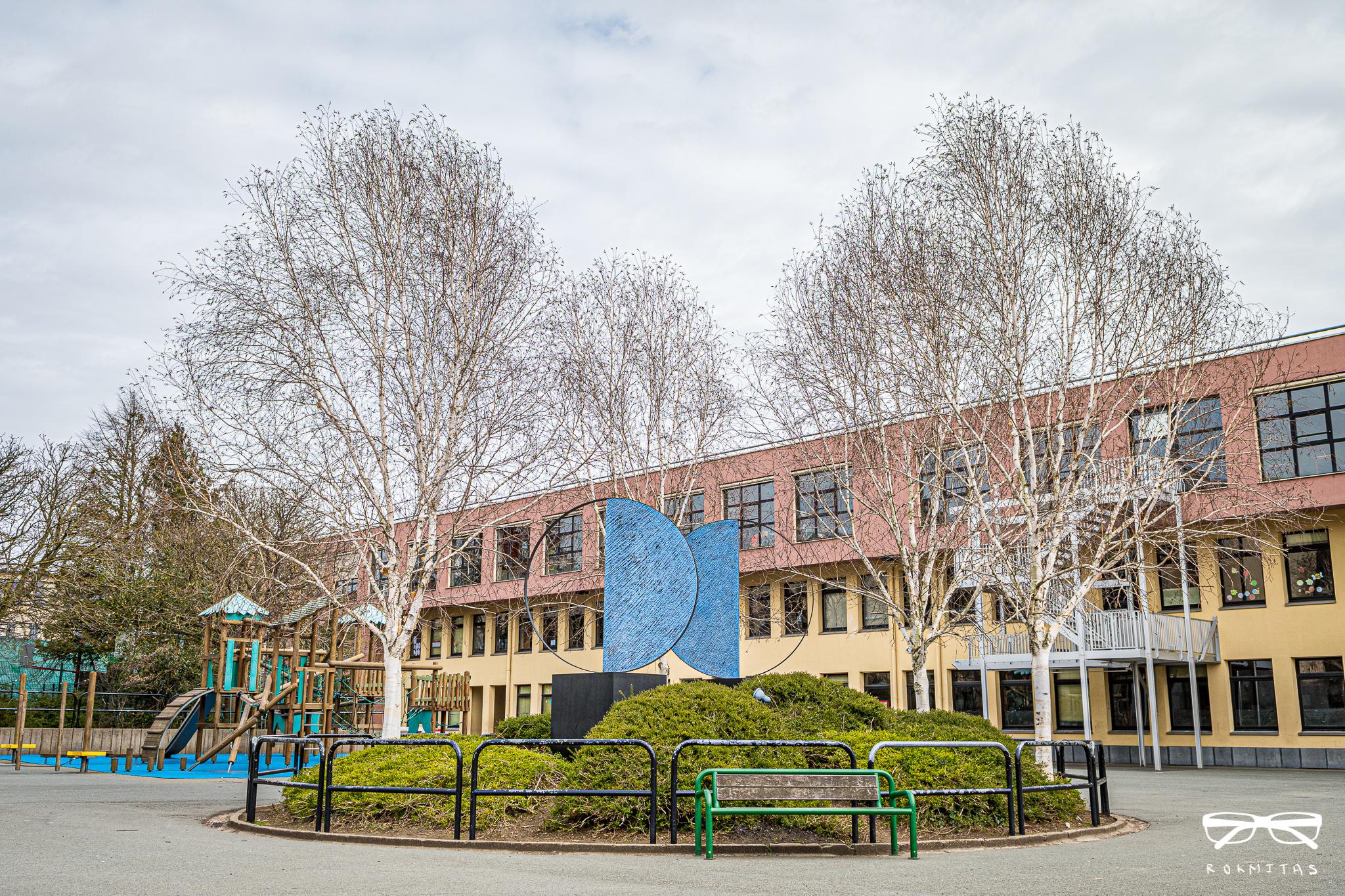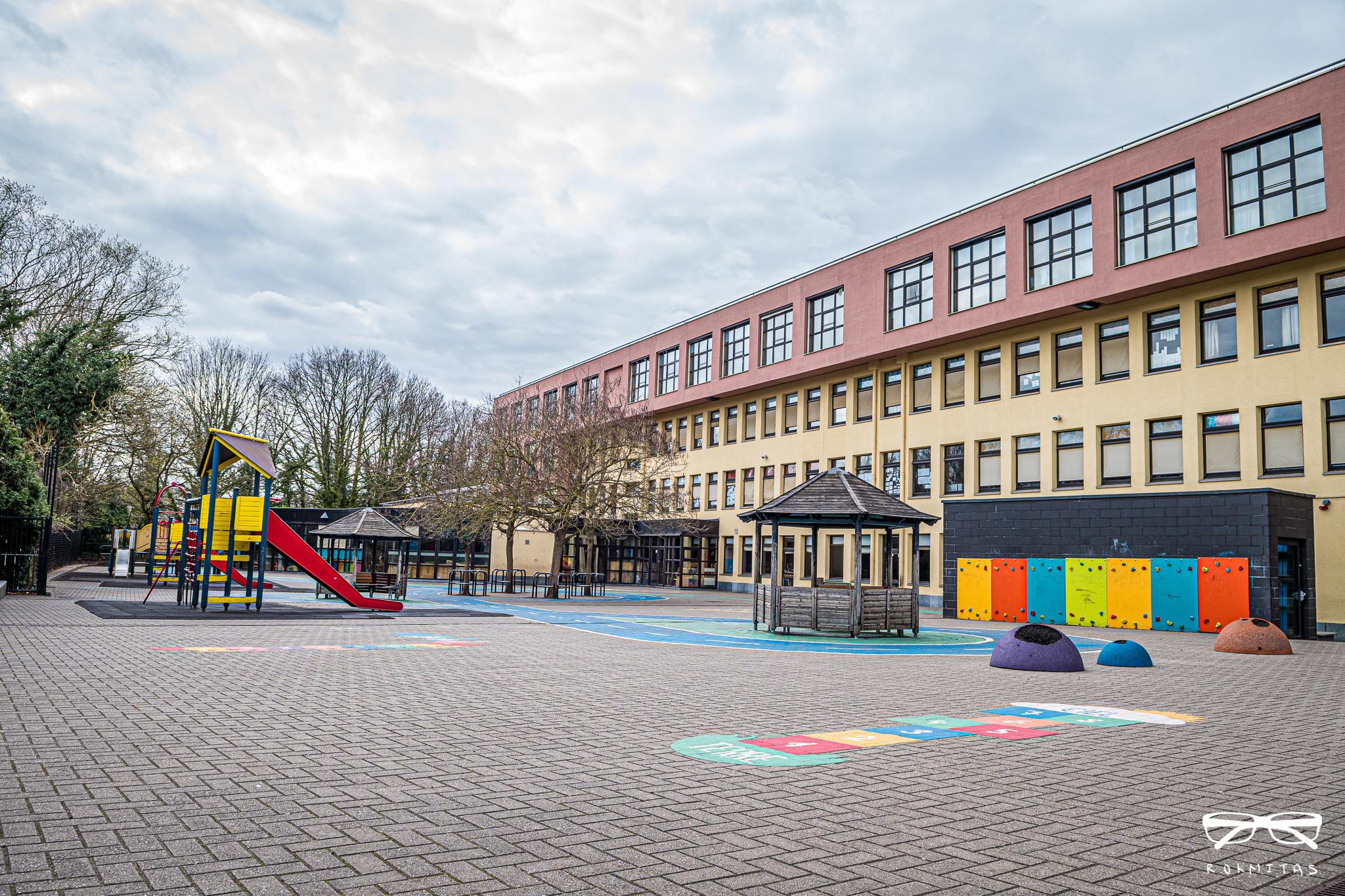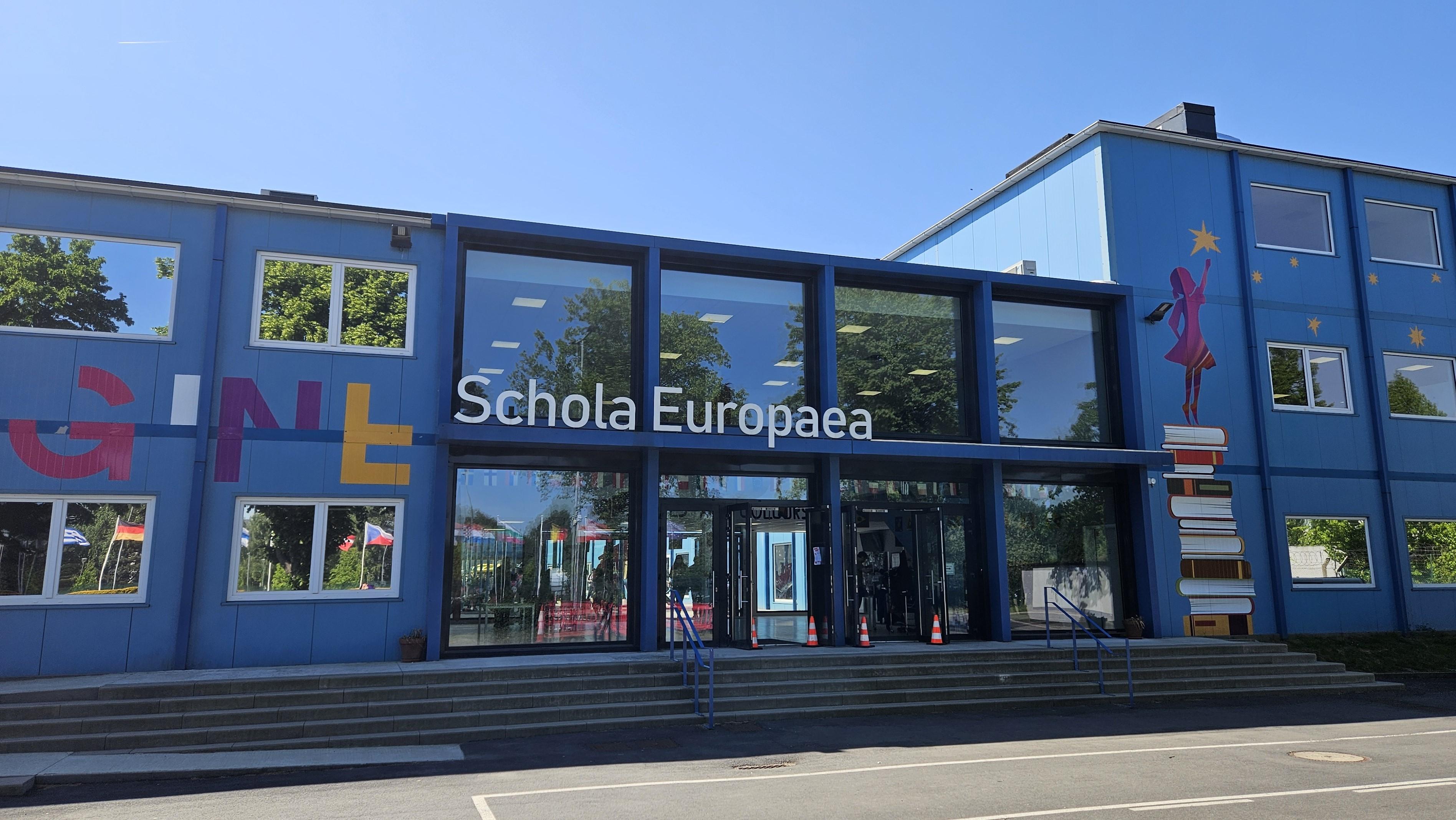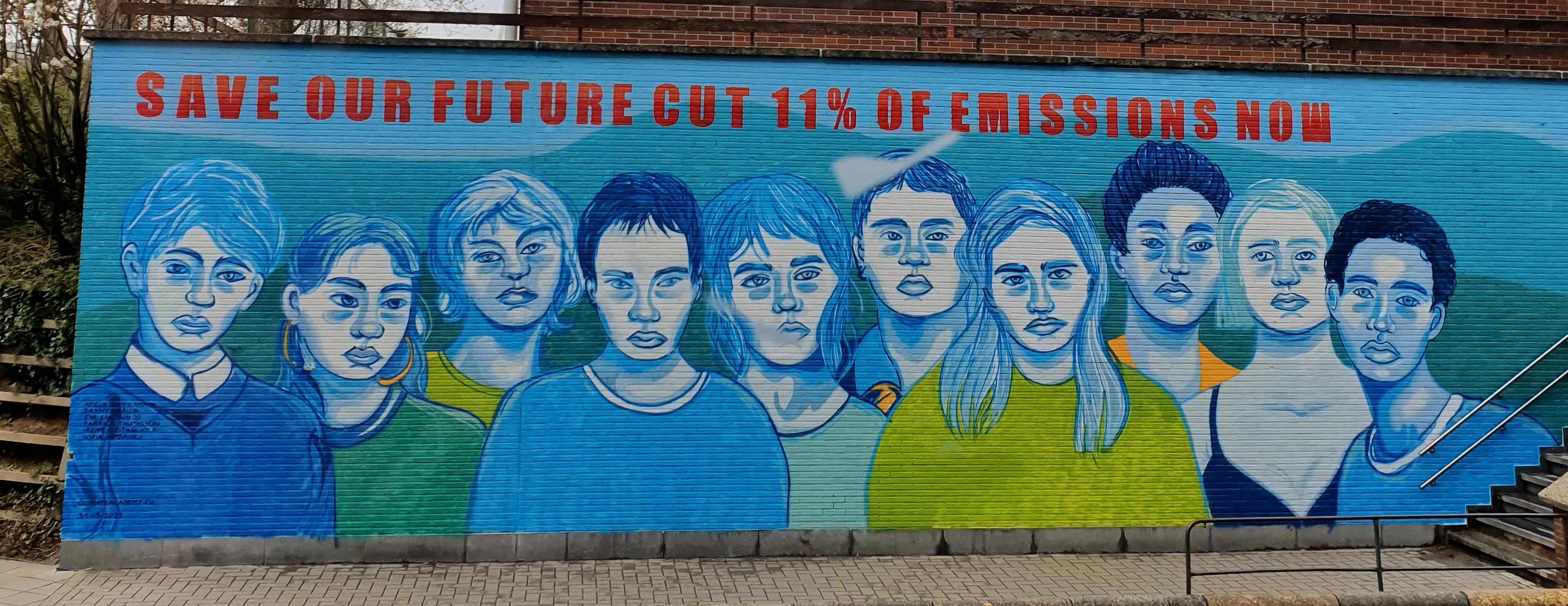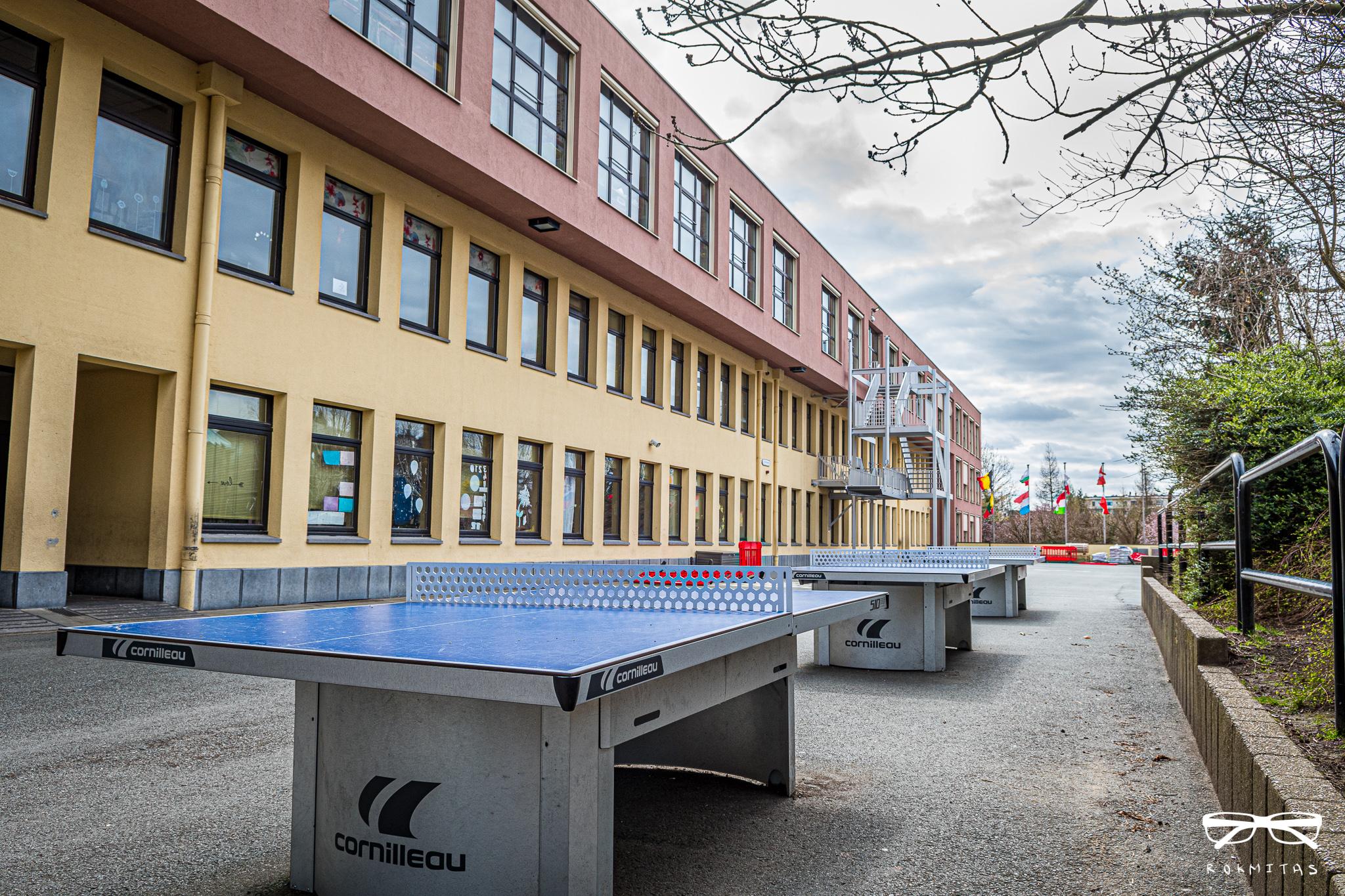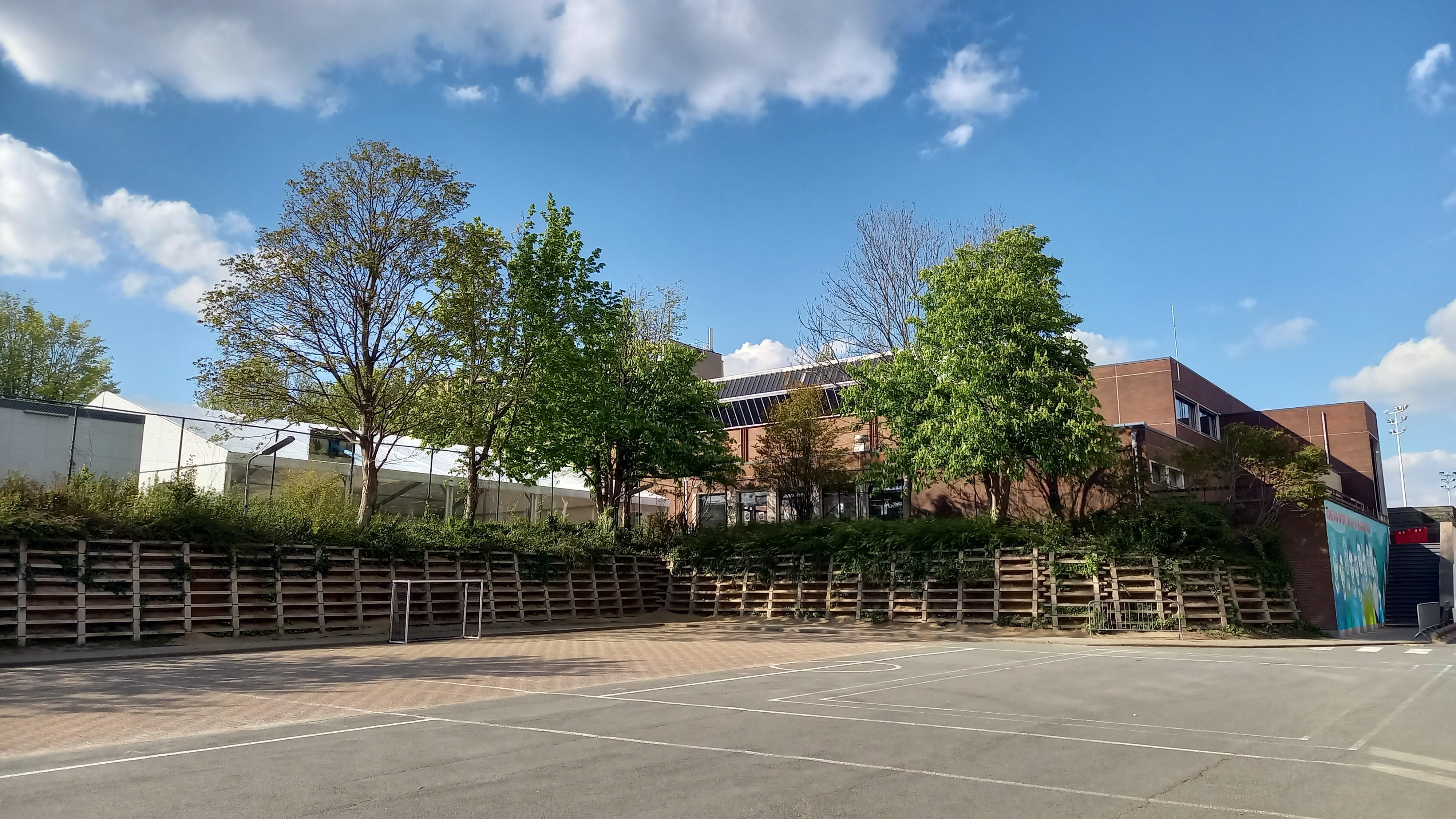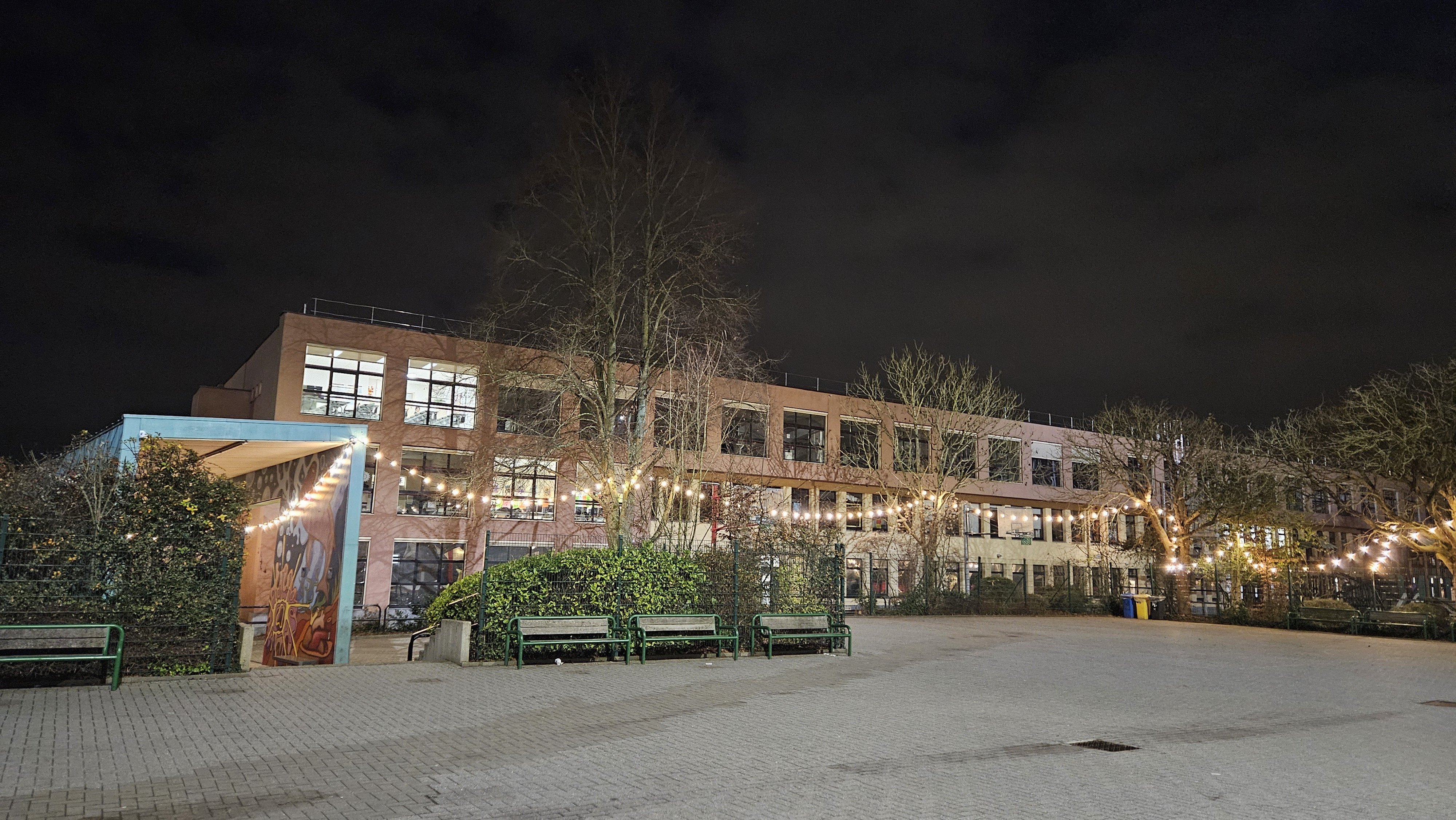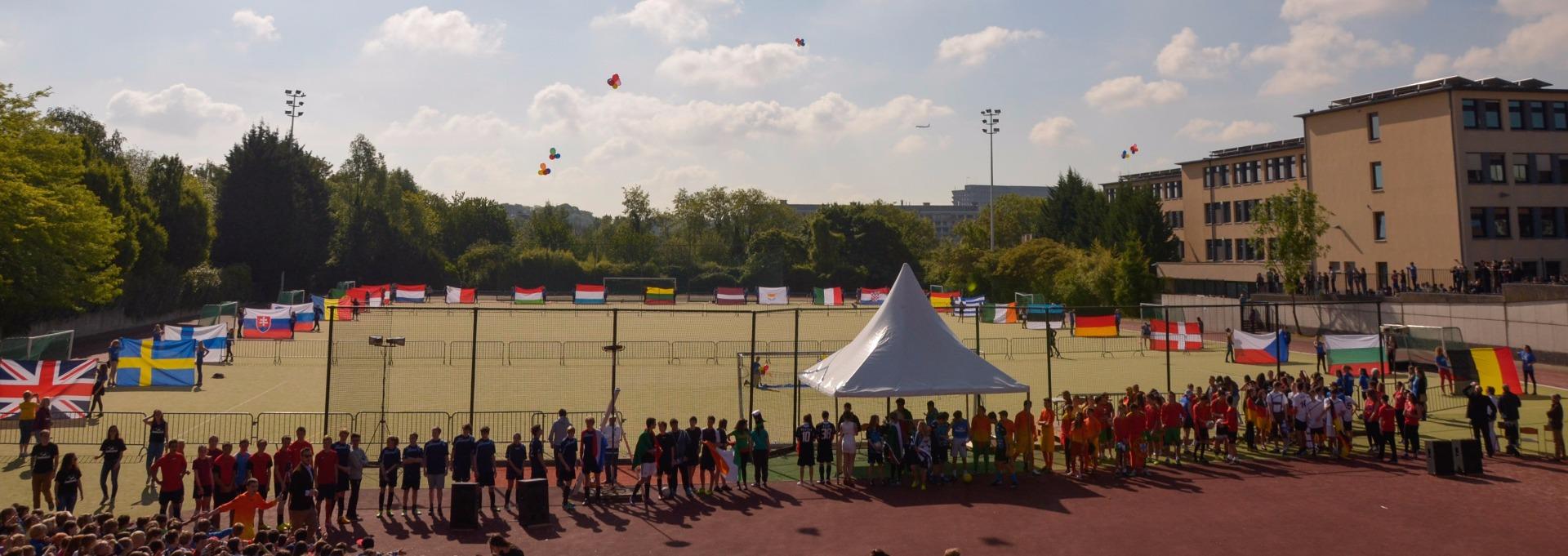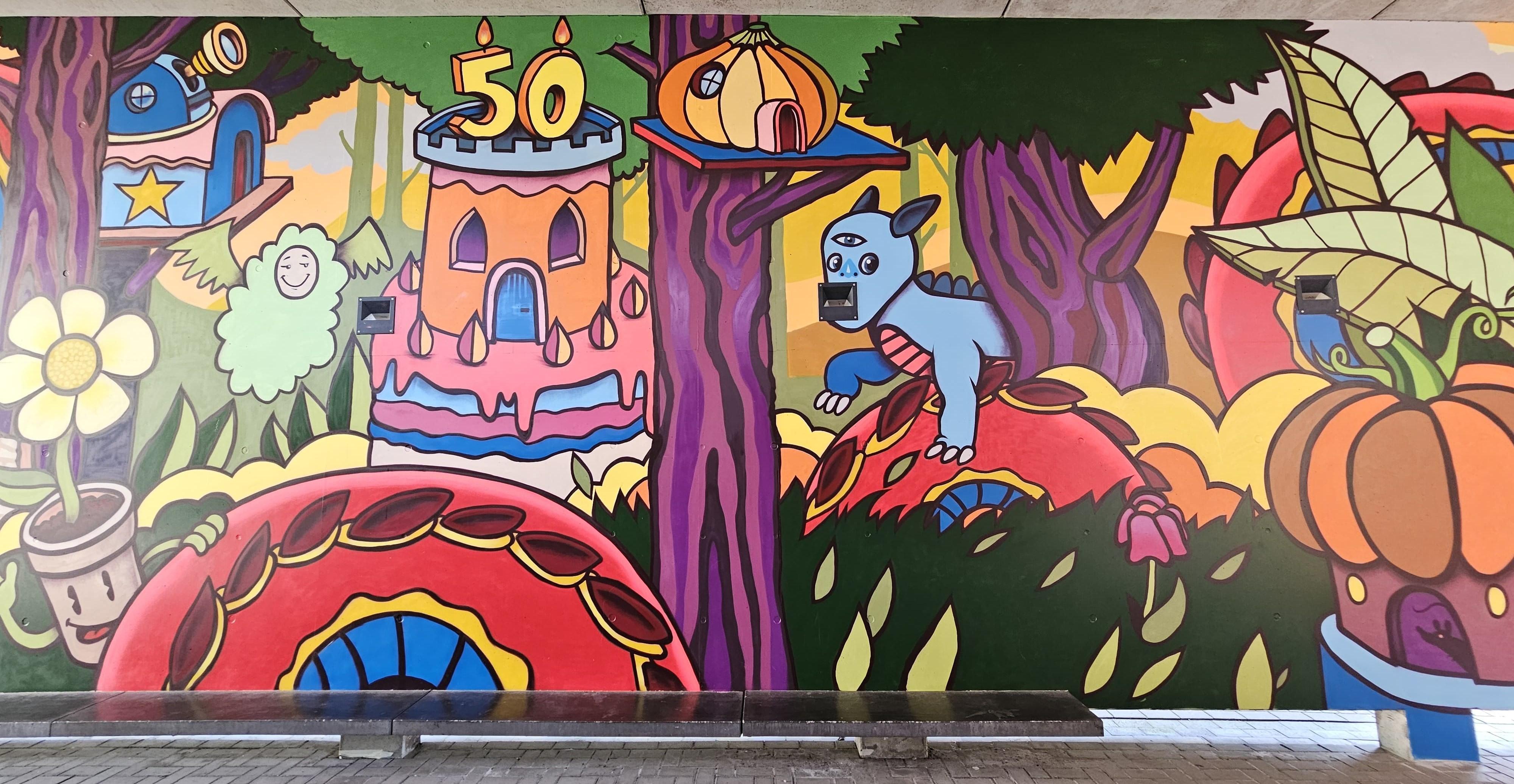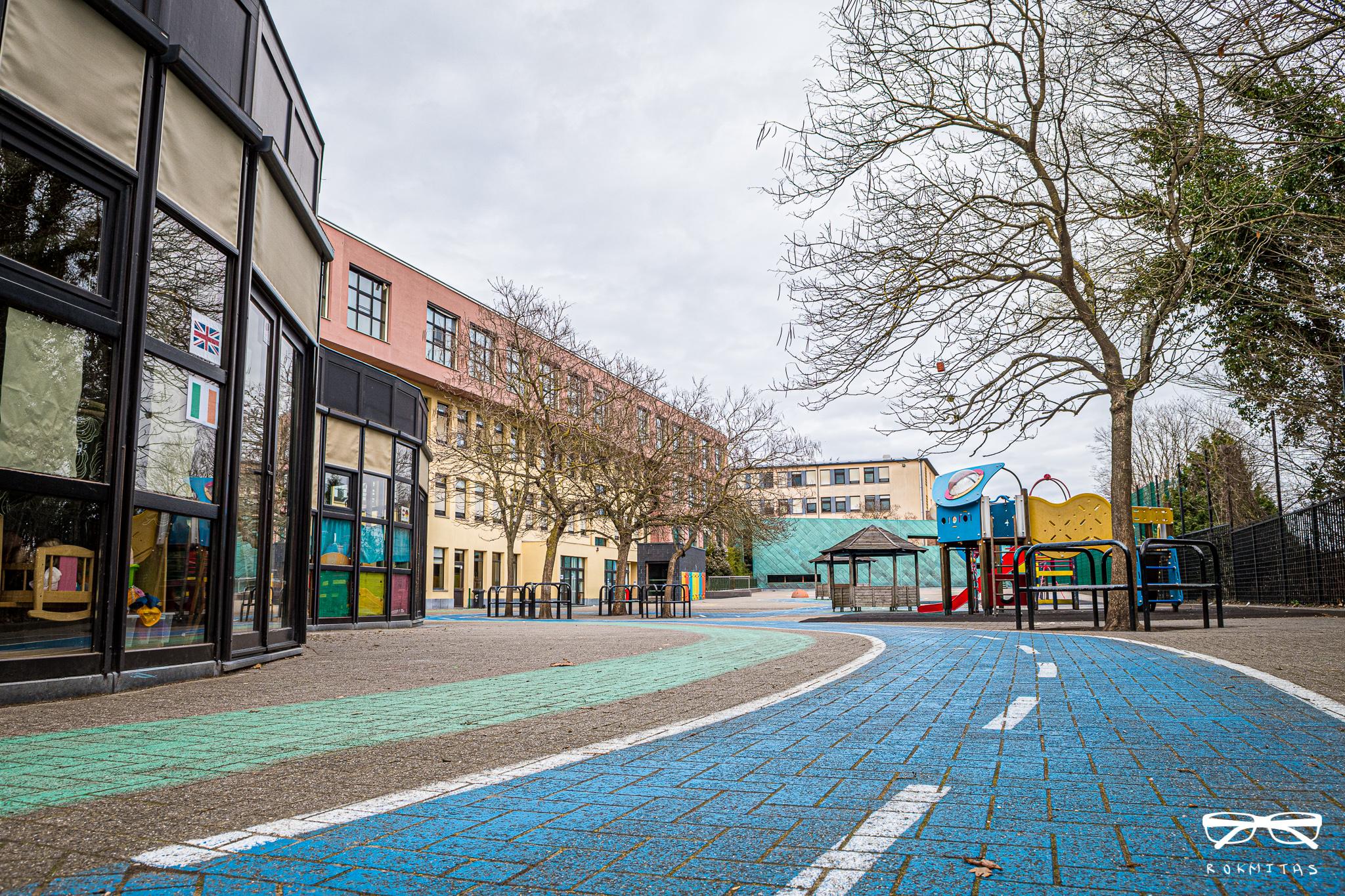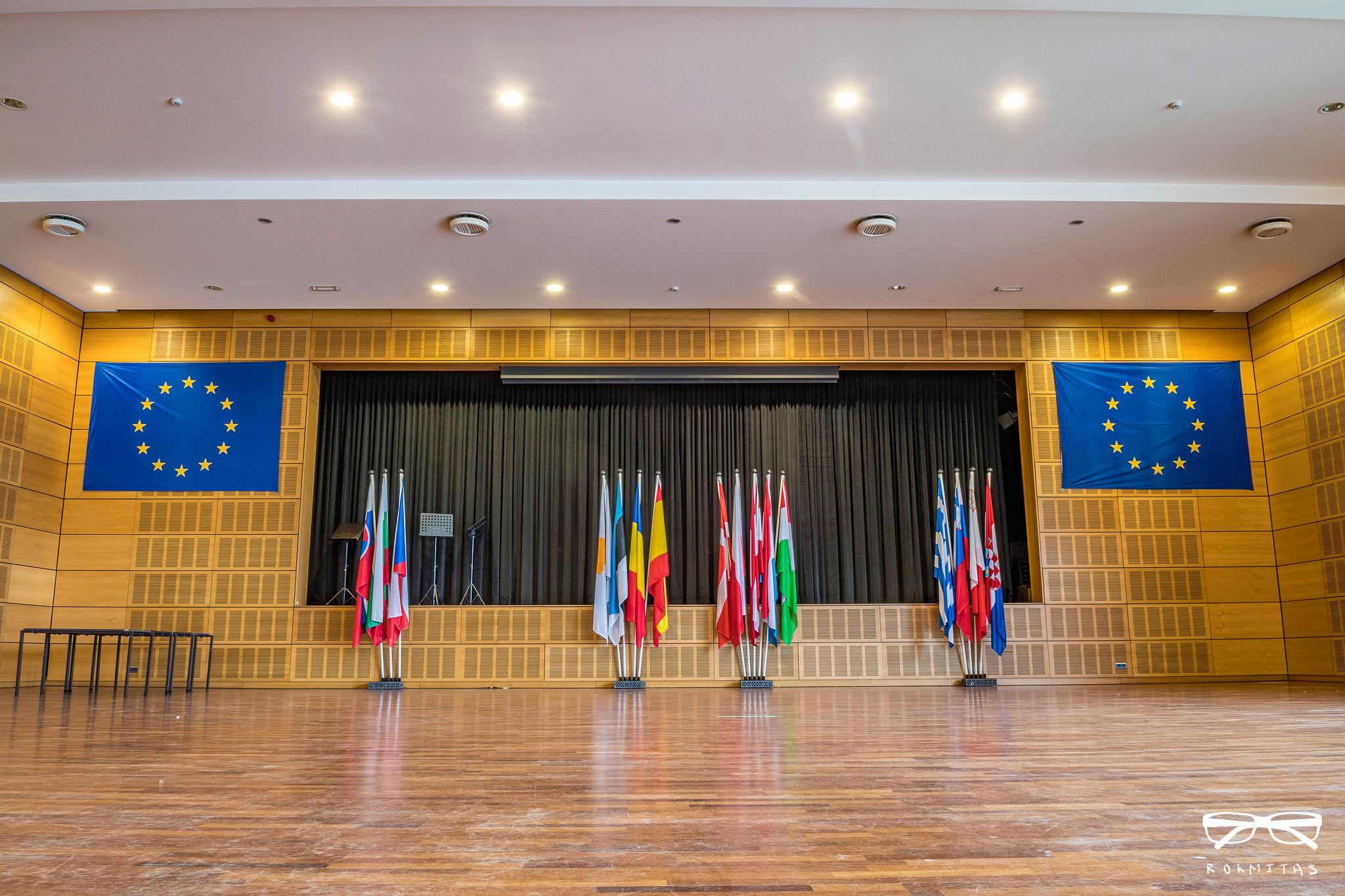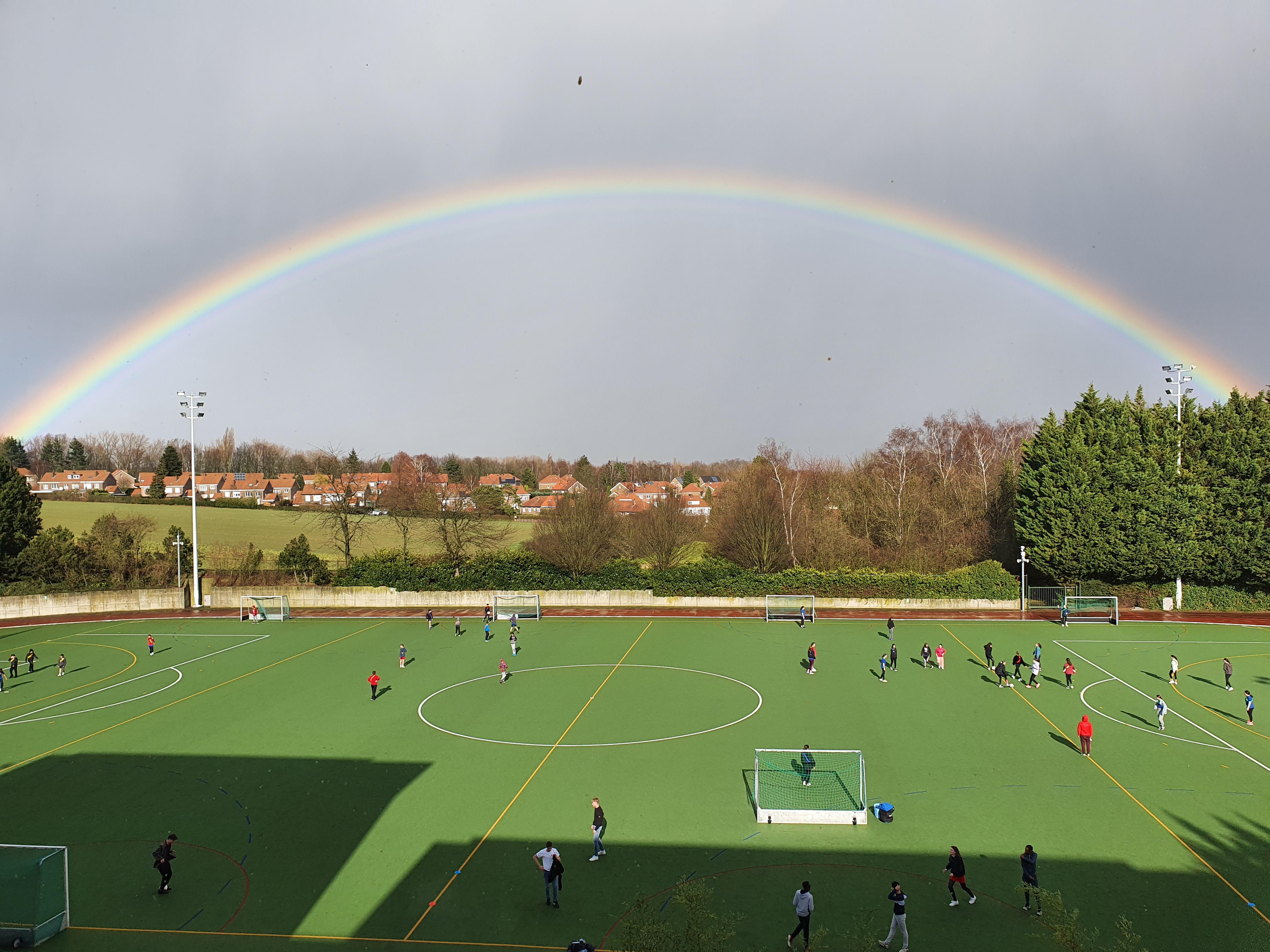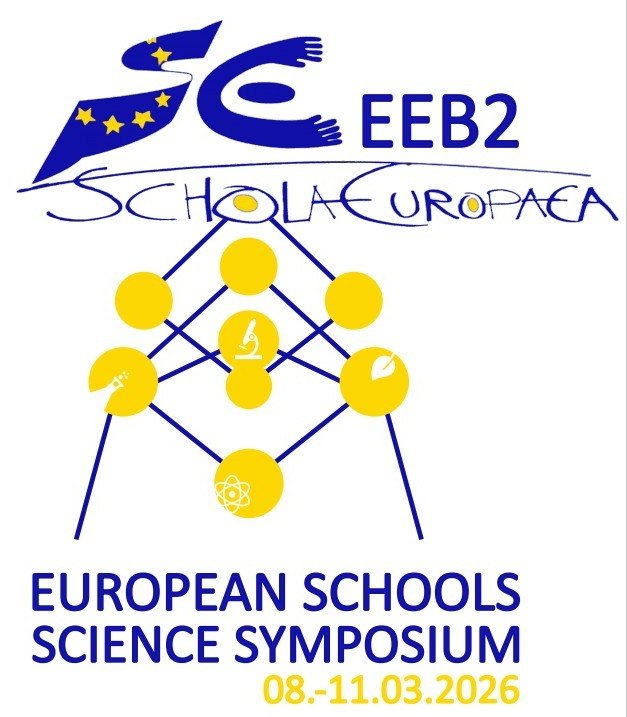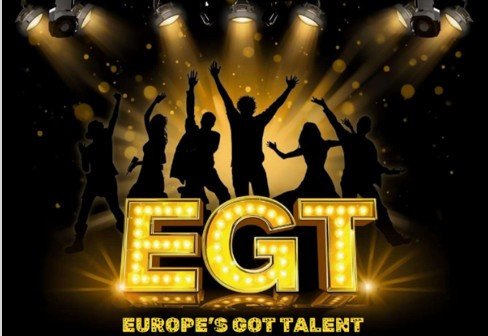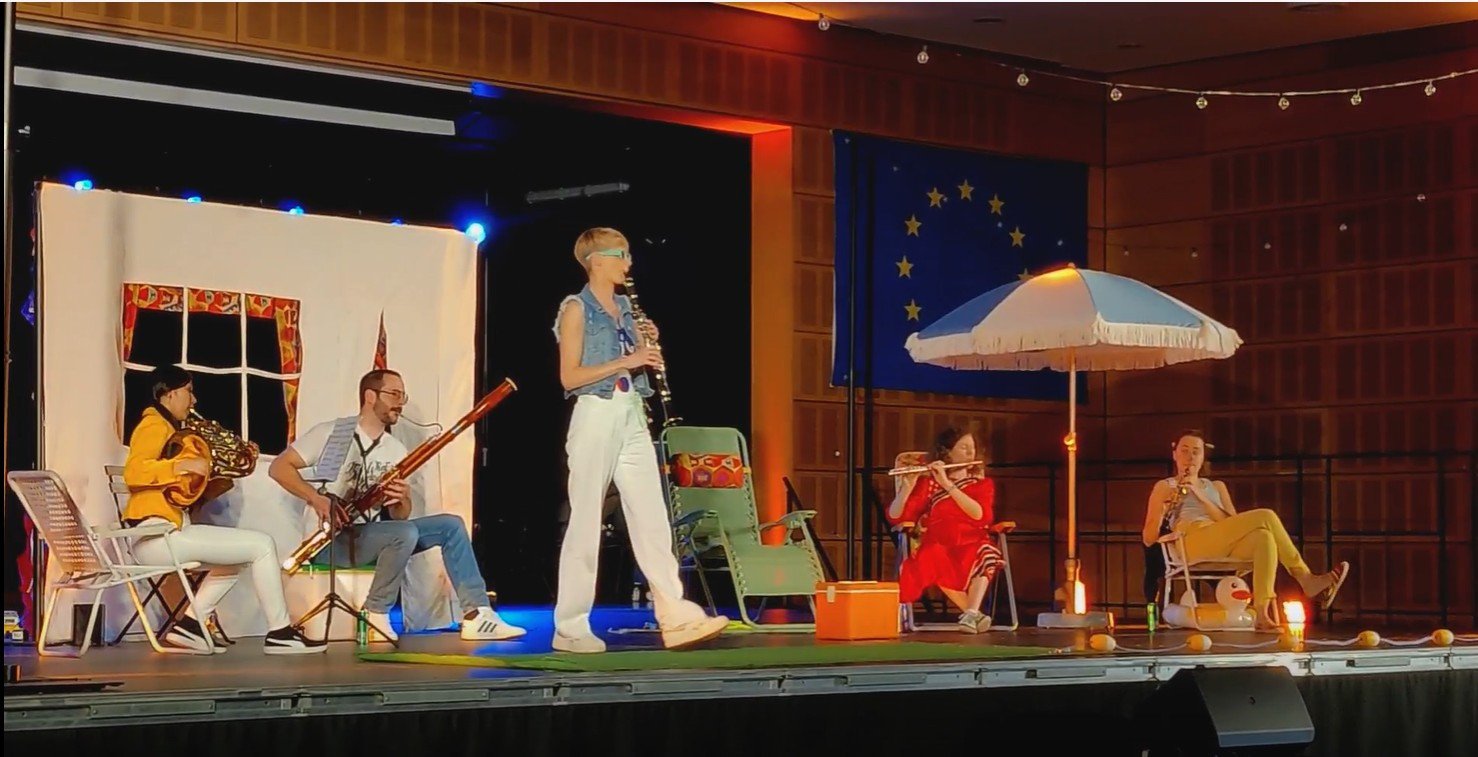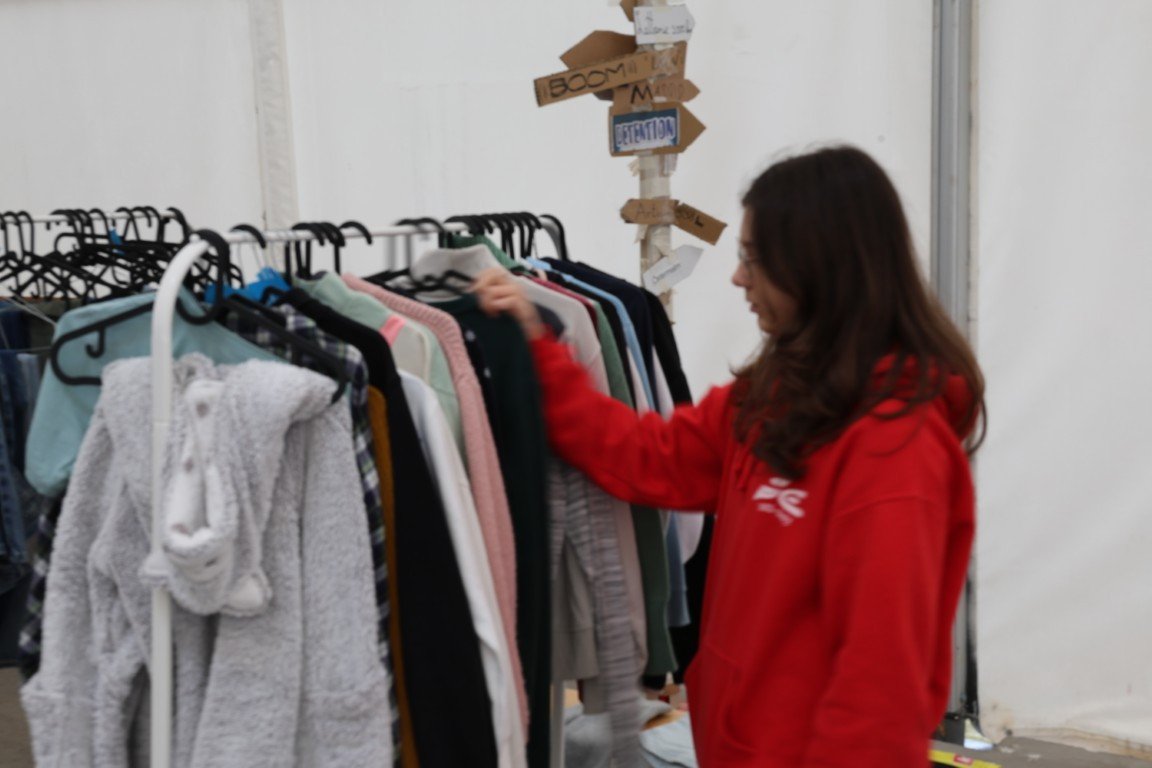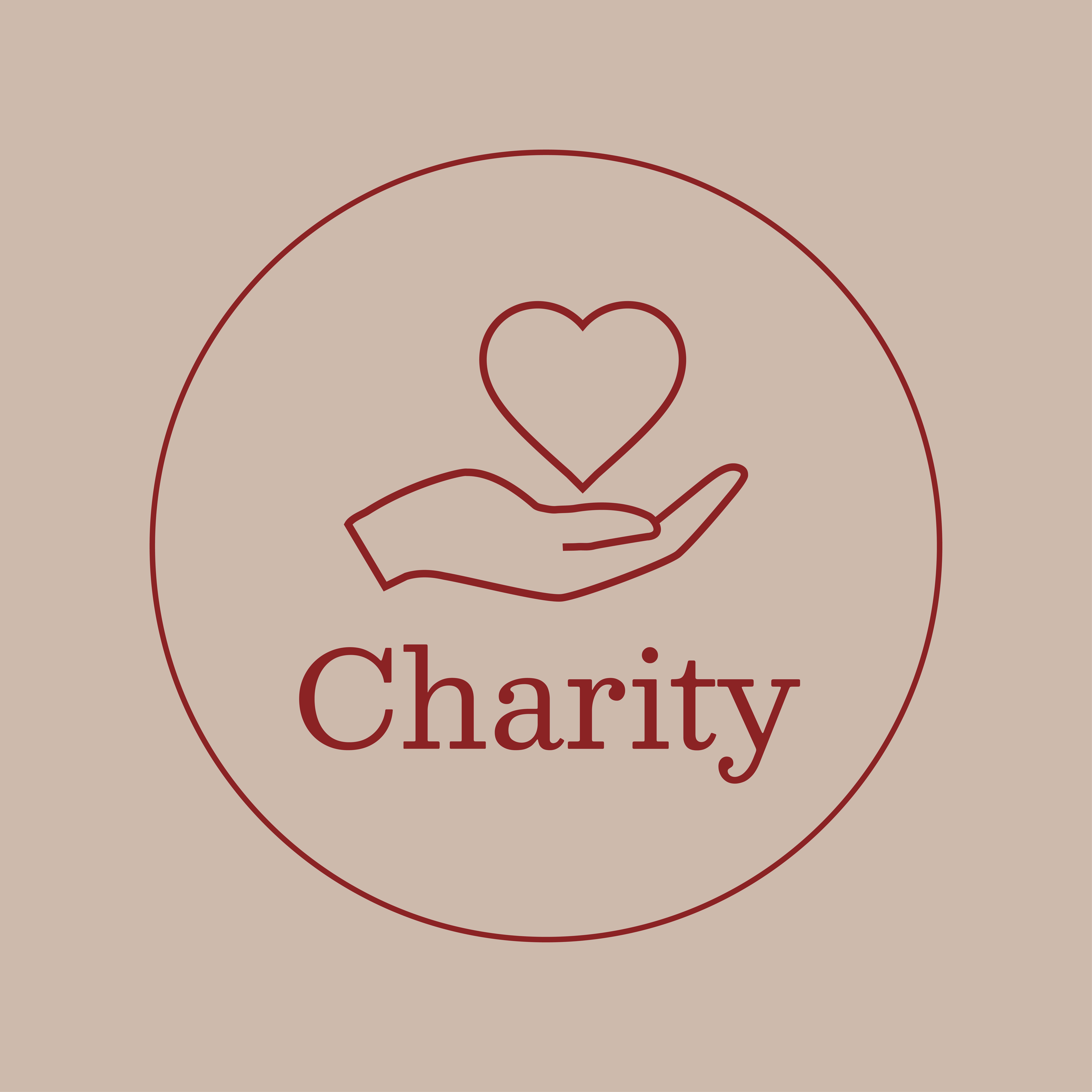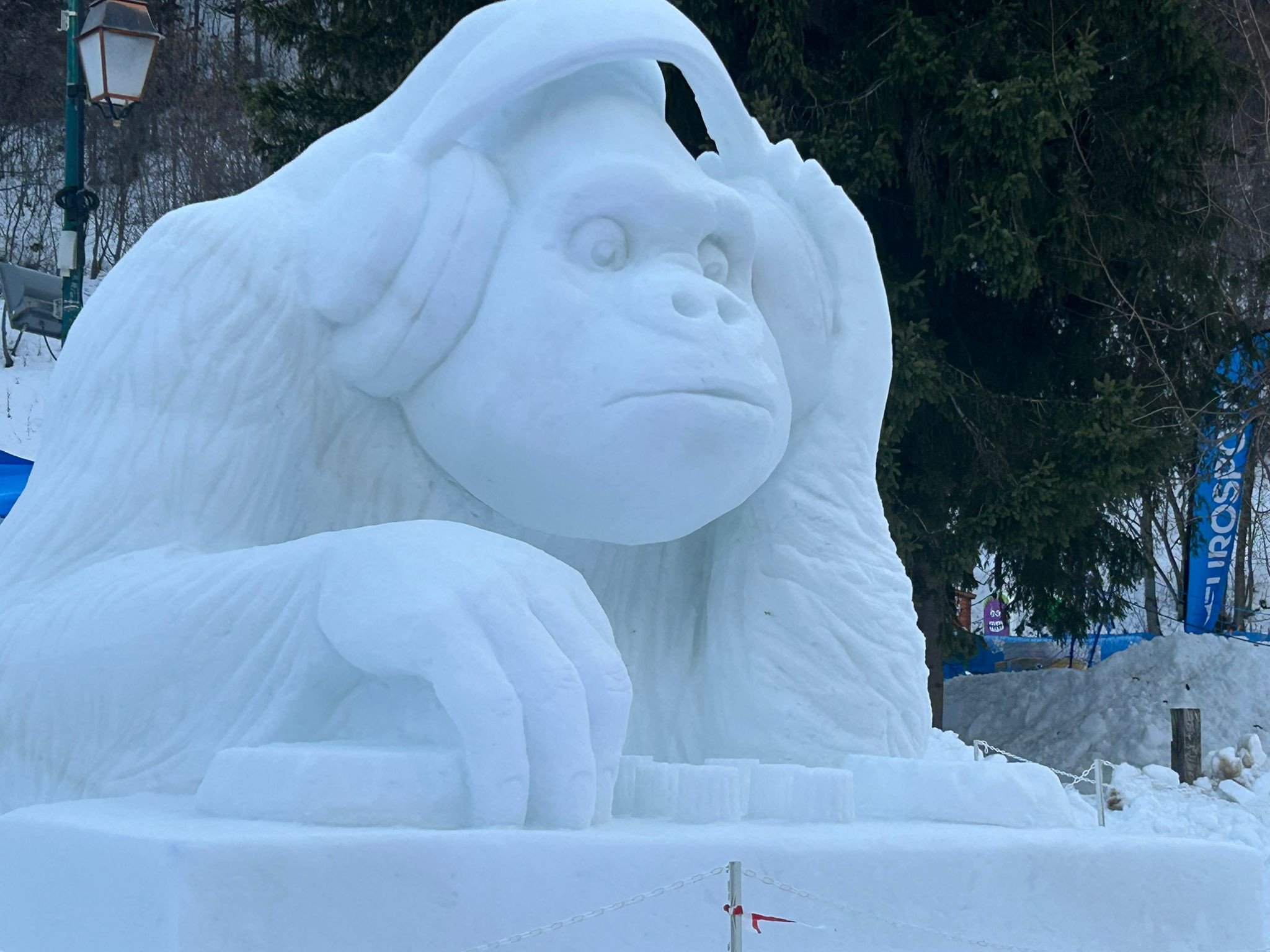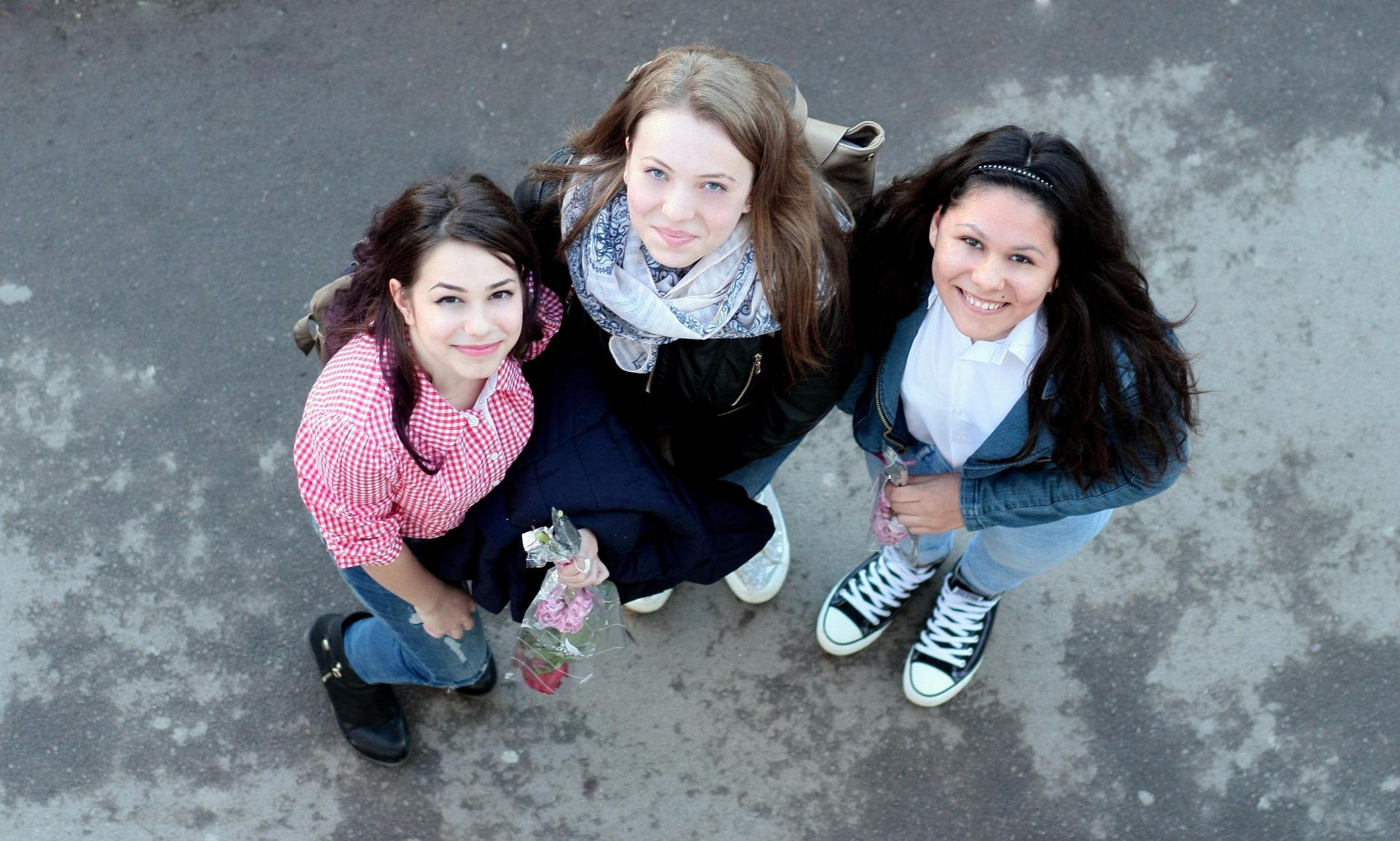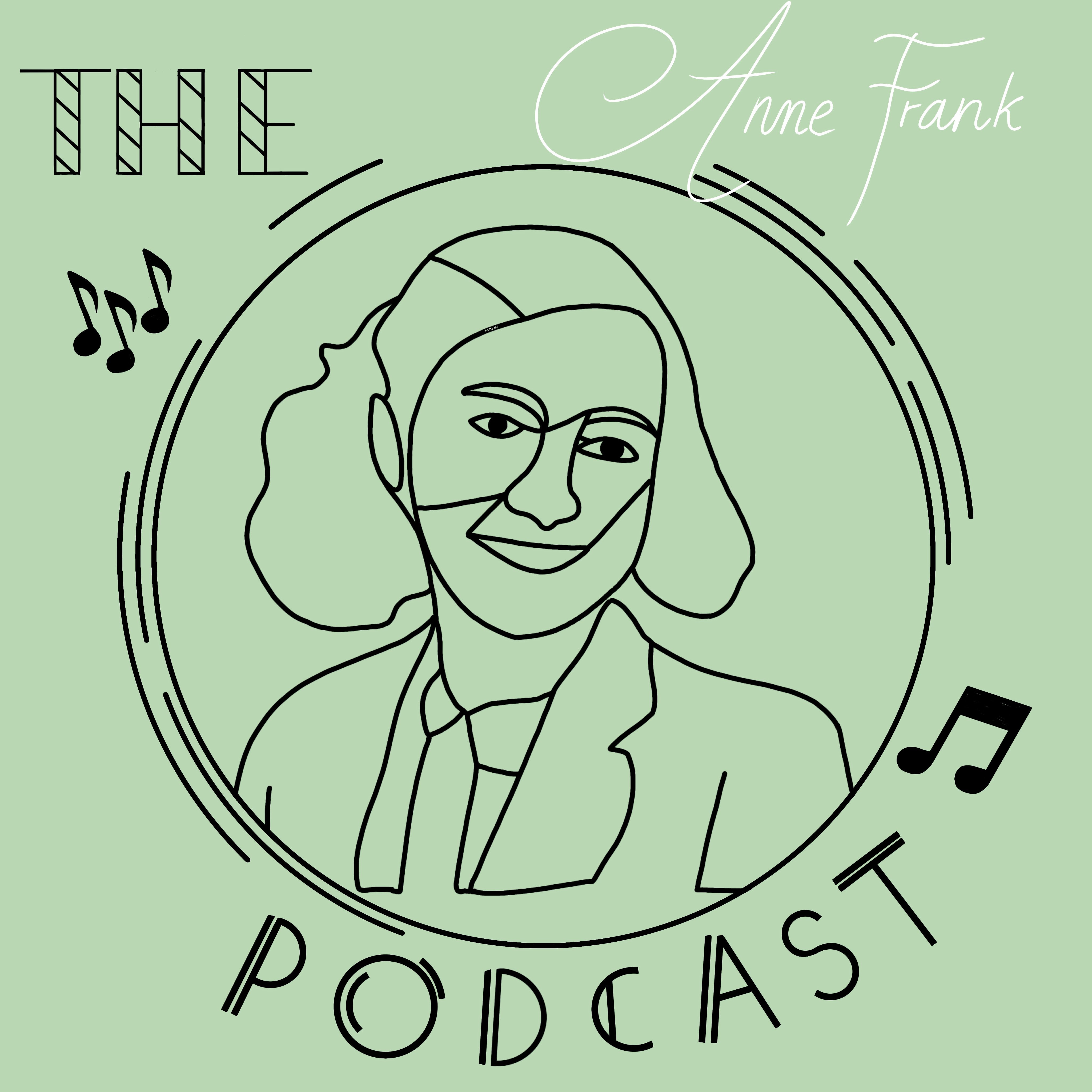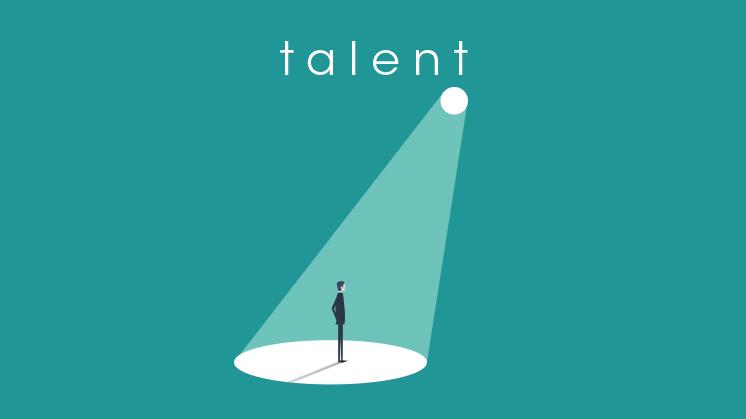Latest news
European Schools' Science Symposium
The EEB2 will be hosting the 2026 edition of Science Symposium of the European Schools from 8 to 11 March in Brussels.
Europe's Got Talent
Some of our pupils took part in the "Europe's Got Talent" competition organised remotely by the Alicante school. Several of them made it to the third and final stage, the grand final, and ranked highly for their performances in dance, singing or musical composition. The talents of our young students never cease to amaze us!
Concerts
Music education is an integral part of the curriculum at EEB2. That is why, every year, a concert is organised for nursery and primary school pupils.
Public speaking competition
As they do every year, the European Schools in Brussels are organising their public speaking competition. To prepare for it, the pupils took part in weekly workshops on the art of public speaking, led by Ms O'Sullivan and Ms Shirley.
Clothes swap
The secondary school's Green Team – a group of students committed to making their school more environmentally friendly – recently launched an initiative that had been close to their hearts for some time: a clothing swap. The aim of this initiative is to give new life to clothes that are gathering dust at the back of wardrobes.
Presentation by a film producer during S7 theatre class
As part of Ms Silvana Cigognini and Ms Sarah Netens' theatre class, S7 students had the opportunity to attend a talk by a film producer. Mr Bruno Cristaldi came to share his experience and present the many facets of his profession, which takes him to the Cannes, Venice, Berlin and Turin film festivals, among many others. This enriching encounter gave students a better understanding of what goes on behind the scenes in filmmaking, beyond acting and directing.
20 years of school travel plans – our school is on board!
The Brussels-Capital Region supports sustainable mobility, especially in schools. To help schools develop a climate conducive to soft mobility, Brussels has its own agency: Bruxelles Mobilité. It helps schools transform their environment to motivate pupils to walk, cycle or use public transport to get there. This commitment should raise awareness of the need to protect our planet and, ultimately, our lives. On 27 January, Bruxelles Mobilité celebrated twenty years of these school travel plans (PDS). EEB2 was on board and even contributed to a conference and workshop during this special school mobility fair.
Footfest 2026 - charities registration
The Footfest will take place on 8 May 2026. If you wish to propose a charity, please fill in the document below before 27 March 2026
Pupils who are already attending EEB2
Pupils who are already attending EEB2 in the 2025/2026 school year - regardless of their cycle - are automatically enrolled for the 2026/2027 school year. No new application for enrolment needs to be submitted.
2026-2027 Enrolments
The 2026-2027 enrolment policy and calendar are available on the European Schools website (www.eursc.eu).
Pupils who will leave the EEB2 at the end of the school year
The legal representatives of pupils who will leave our school at the end of the current school year (with the exception of pupils in S7), are kindly requested to inform the school as soon as possible by sending an e-mail to:
Understanding Anne Frank
This semester, our S3L2 English class embarked on a journey through Anne Frank’s story, a tale many recognise, as it is one of the world’s best-selling books, yet few know what actually happened to her. A young Jewish girl went into hiding with her family for two years, in the attic she called “The Secret Annex”, during the German occupation of the Netherlands in World War II. The family was eventually captured and sent to concentration camps, as were the other four people that lived with them. The Annex’s only survivor was Anne’s father, who published her memories after the war, under the title of “The Diary of a Young Girl”. By doing so, he fulfilled Anne’s dream of becoming a writer.
Green Radio
Created by two S6 Students members of the Green Team, the Green Radio podcast is a bilingual program that is aiming to spread environmental consciousness on vital topics and hope to inspire you to be a greener, more sustainable human being.
EEB2's got talent!
With over 2000 students and 200 teachers in secondary school we tend to follow our own highway and seldom cross the path of people in other year group, section or floor. There are many talents in our school community, in this column we will share our discoveries and present some of our talented members. Open your eyes, you might cross their path in the future.
